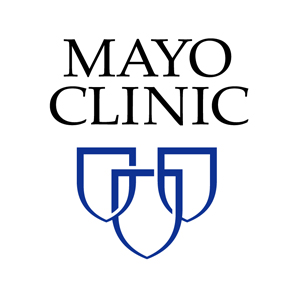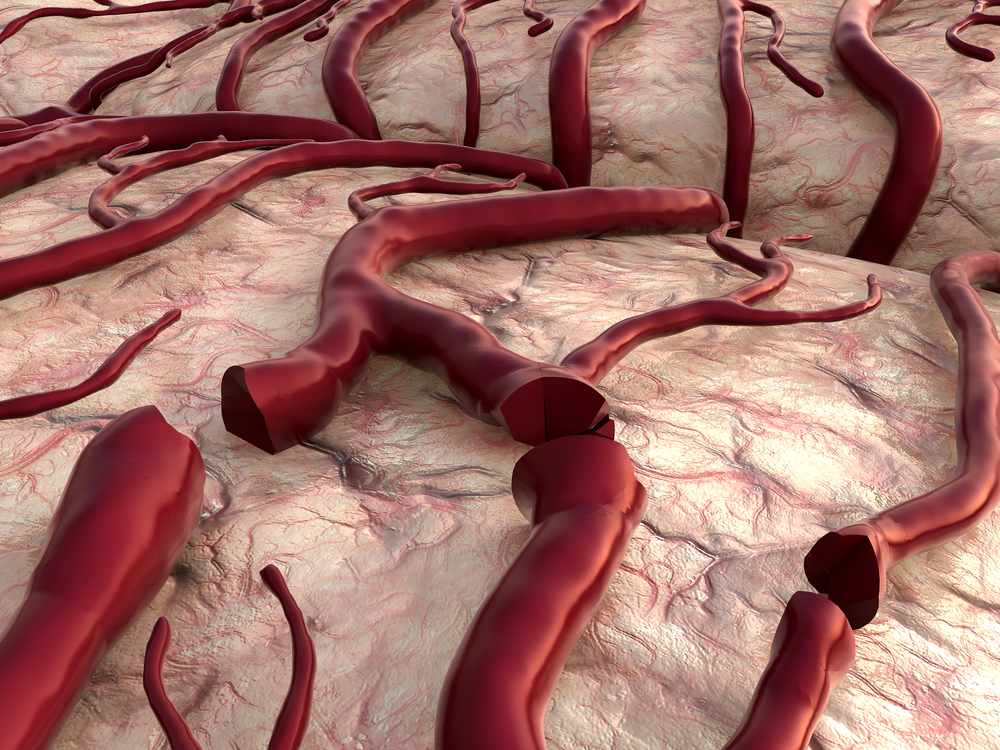 A recent study from Mayo Clinic published in the March issue of JAMA Internal Medicine shows evidence of a familial association in spontaneous coronary artery dissection (SCAD) that strikes younger women along a genetic predisposition do develop the condition. According to researchers, this is the first project identifying SCAD as an inherited condition.
A recent study from Mayo Clinic published in the March issue of JAMA Internal Medicine shows evidence of a familial association in spontaneous coronary artery dissection (SCAD) that strikes younger women along a genetic predisposition do develop the condition. According to researchers, this is the first project identifying SCAD as an inherited condition.
Scientists analyzed the Mayo Clinic SCAD Registry containing data on 412 patients so that familial cases of SCAD disease could be identified. Three pairs of 1st degree relatives (sisters, identical twin sisters and mother-daughter) and two pairs of 2nd degree relatives (1st cousins and aunt-niece) were assessed.
Sharonne Hayes, senior author of the study and cardiologist at Mayo Clinic, stated in a press release: “I was taught that SCAD was rare and the causes entirely unknown, but through our partnership with SCAD survivors and their families, clues are emerging that may change that. We know from previous research that SCAD occurs most often in younger women with no or minimal cardiovascular risk factors, like high blood pressure and high cholesterol. Recognizing now that it is a heritable disorder has implications for at-risk family members, and helps us understand the condition better.”
A 36-year-old woman who was assessed in the study suffered intermittent chest pain for about 24 hours. She received a diagnosis of heart attack and by the means of a coronary angiography (a procedure too verify heart blood vessels through X-ray imaging), researchers understood she was a case of a spontaneous coronary dissection. Importantly, the only cardiovascular risk factor she evidenced was high blood pressure.
The week before she experienced SCAD the patient had been training for a triathlon. Two years after this episode, her 44-year-old maternal cousin suffered with chest pains and also received a SCAD diagnosis; the only cardiovascular risk factor she had was a history of smoking. Furthermore, she was on a 75-mile bicycle ride 3 days previous to her heart attack.
Subsequent tests preformed in both women showed fibromuscular dysplasia, a vascular condition recently associated with SCAD. Dr. Hayes explained the causes that lead to SCAD are not yet clear but previous studies evidenced that it affects more women than men (80 percent of those affected with SCAD are women), the average age related to the condition is 42 years, patients are typically healthy with few risk factors associated and nearly 20 percent of women who are SCAD patients gave birth recently.


